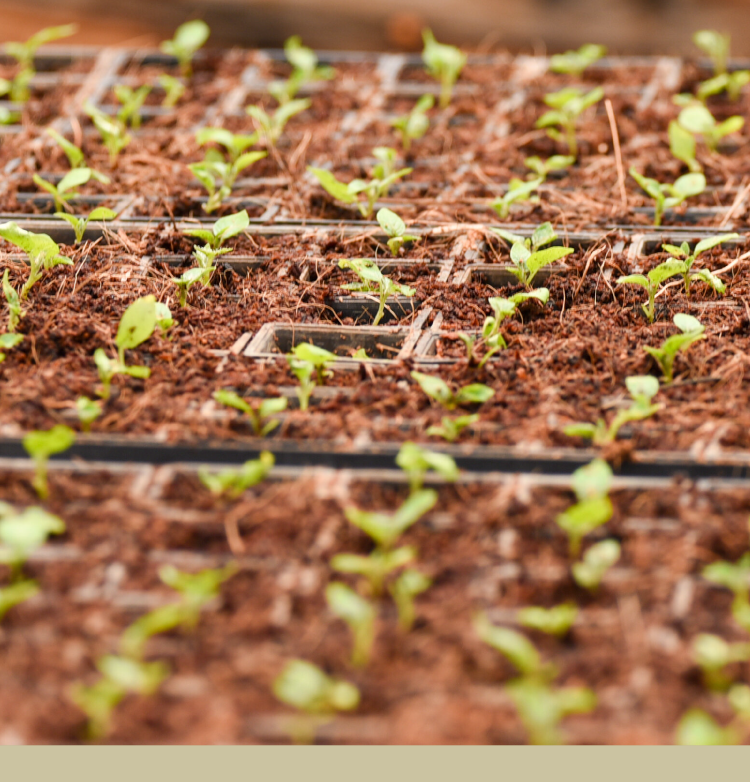Climate adaptation and greenhouse gas reduction
Agriculture contributes greatly to livelihoods and food security, yet it is both vulnerable to climate change and a major contributor to greenhouse gas emissions. Every 1°C of warming is projected to cause a 5% reduction in crop productivity and lead to hundreds of billions of dollars in lost agricultural production. To combat these challenges, CIP and its partners developed dozens of climate-smart, high-yielding, disease-resistant varieties that combine the qualities desired by consumers and traits required for climates. Through sustainable intensification, early-maturing potato varieties can be harvested within three months and incorporated between cereal harvests, giving farmers an additional round of crops with minimal inputs. And using pest and disease models, CIP scientists support risk assessment and decision making with national partners, helping guide their breeding efforts.
KEY OUTCOME
- A growing selection of heat-tolerant, early-maturing varieties allow rice and wheat farmers to add another crop into their farm systems, usually during a fallow period, which results in additional income and greater food availability. Several heat- and salt-tolerant varieties released in Bangladesh are being grown in coastal areas where a cyclone left farmland too saline for most crops. CIP expects to release iron- and zinc-rich biofortified potatoes in several Asian countries soon, helping further reduce malnutrition. Prospective economic welfare gains from sustainably intensifying rice-based food systems with early-maturing, climate-smart potatoes in Bangladesh are estimated at USD 800 million.

